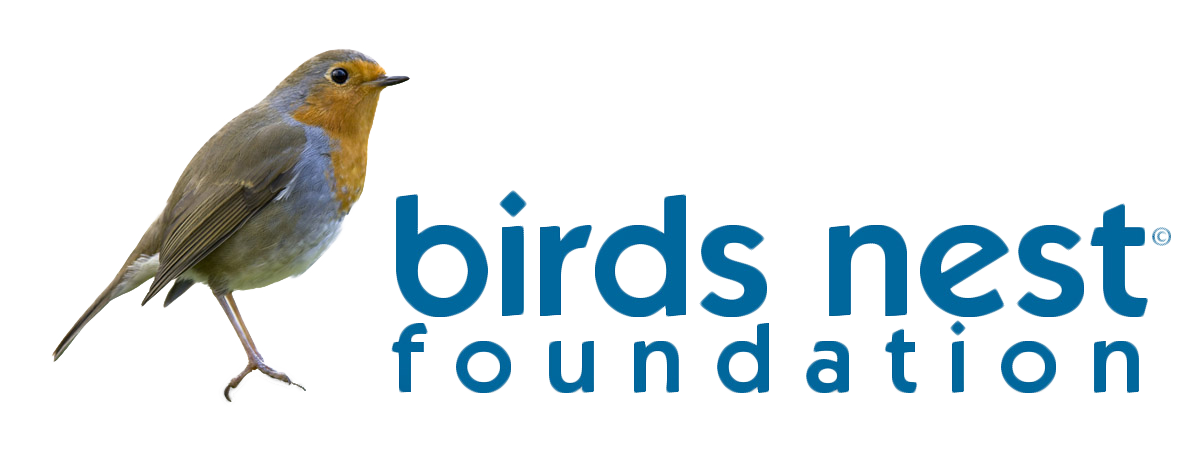Teaching kids the healthy way to live
‘I believe absolutely in the importance and power of the shared table. In many cultures, eating together around a table is the center of family life.’
– Stephanie Alexander, Kitchen Garden Foundation.
Stephanie Alexander founder of an Australian non-profit the ‘Kitchen Garden Foundation’ has strong values on the importance of food in culture. In the United States we have our own program taking successful strides towards progressive learning. The EcoSPACES program at Philips Academy in New Jersey shares Stephanie Alexander’s view, teaching their students the importance of sustainability and a healthy food culture.
The K-8th grade charter school in Newark, New Jersey has developed a program heavily integrated into the classic school curriculum of reading, writing and arithmetic that provides students with “the tools to lead healthy and environmentally productive lives in the 21st century.”
Birds Nest Foundation had the opportunity to meet with Director of the EcoSPACES program at Philips Academy, Frank Mentesana and take a look at some of the programs the school runs.
The EcoSPACES program began at Philips Academy in 2008, benefitting approximately 700 children since its inception. The program includes a healthy lunch program, outside learning center, indoor Aerofarm garden and teaching kitchen. Students are taught about the food cycle through these interactive, integrated programs. Beginning at the rooftop garden students plant, nurture and harvest their produce then send them to the teaching kitchen where the produce is used in history, nutrition, sustainability and cooking classes. Fresh produce is used for Philips in-house lunch program and any waste is recycled back to the rooftop garden.
Frank Mentesana, Director of the EcoSPACES program at Philips Academy proudly explained how EcoSPACES is integrated into the entire classroom curriculum from science and mathematics to literature and art. Classes may be writing persuasive essays on particular foods or learning chemistry while cooking. It’s integration like this that makes Philips Academy, “…a really unique school to the city,” said Frank Mentesana.
The program has come along way and it’s not only the students who are benefiting but the parents too! Frank Mentesana mentioned the struggle they went through at the beginning of the EcoSPACES program to convince parents that progressive learning was essential. “It’s very clear that reading, writing and arithmetic are really, really important and this idea of a more progressive education is culturally not exactly comfortable or familiar,” he explained.
EcoSPACES is fully integrated into the school curriculum even their lunchtime is an educational experience, encouraging students to take part in ‘family style’ dining. Lunch tables consist of students from different years and each student has a table responsibility, whether that is setting the table or serving their balanced lunch. Philips Academy doesn’t just provide a nutritious lunch for their students but also serves breakfast and snacks daily. Lunch is a very important meal of the day. A lot of the time you can feel less energized after lunch but the director states this is often not the case at Philips Academy, “With recess and a healthy lunch we find that [students] rejuvenate and are able to go back into the afternoon with a sense of focus and ability to concentrate more.”
Philips Academy also runs a farmers market once a week where seasonal and, if possible, local ingredients are made accessible to students, their families and faculty members. Recipes and pamphlets are provided, says Frank Mentesana, “So parents can buy some of the ingredients and then… actually know how to use them…how they grow, where they’re from.” It seems the students are telling their parents about their cooking classes and urging them to buy the produce so they can make it at home.
Philips Academy aims to be a leading example for healthy, progressive education and healthy lunch programs. Philips Academy runs programs all year round with junior and senior summer camp programs as well as EcoSPACES in school integration! To find out more about Philips Academy and their EcoSPACES program take a look at their website at http://www.pacsnewark.org/.
Clare Delaney
Source: http://www.kitchengardenfoundation.org.au/about-us
Tags: Ecospace, garden, green, Healthy Eating, philipsacademy, school lunch
